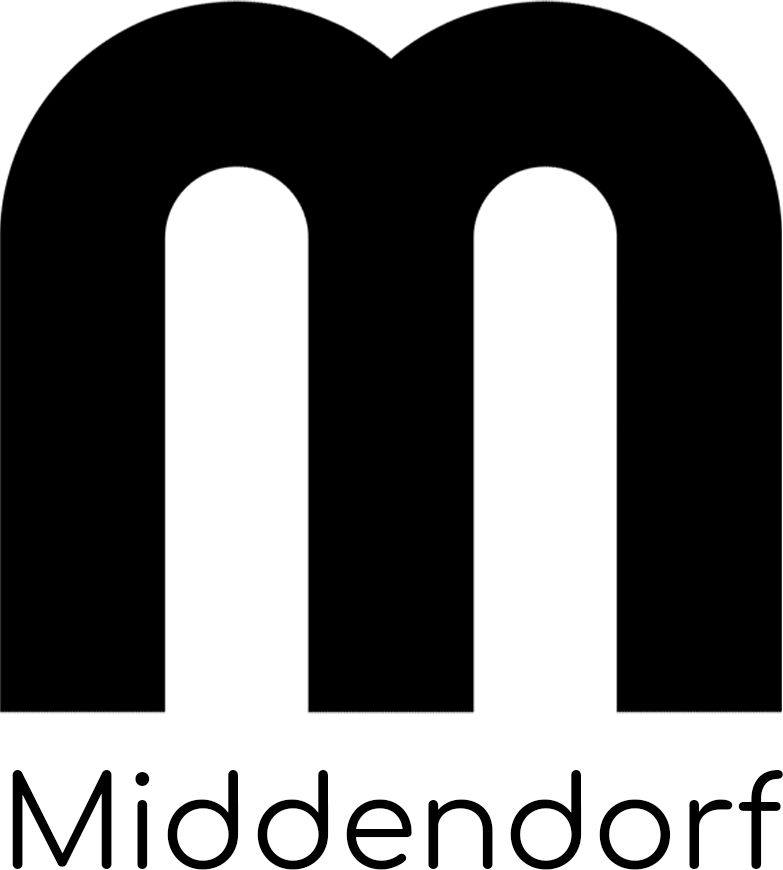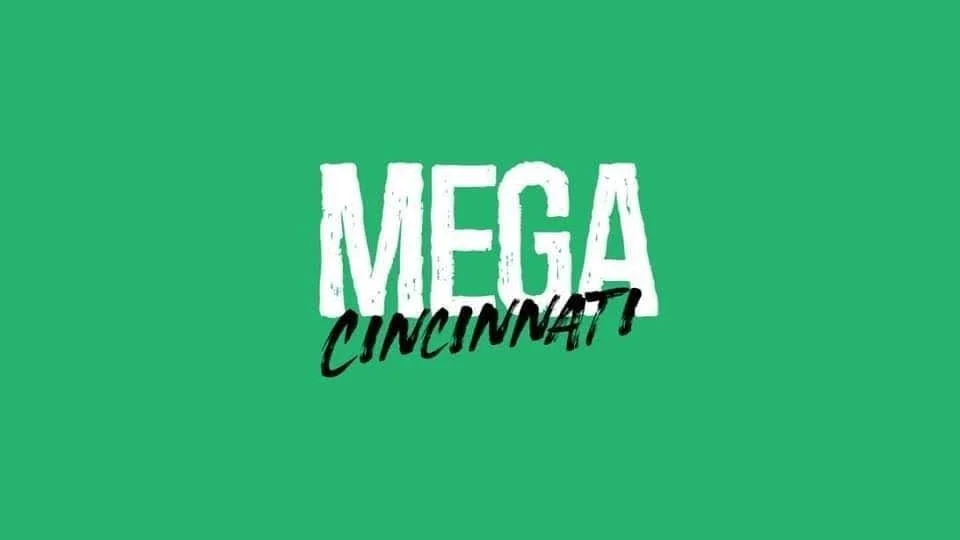Chairman for IGDA Cincinnati - Regional Coordinator US Midwest
The International Game Developers Association (IGDA) is the world’s largest nonprofit membership organization dedicated to supporting and empowering individuals who create games. Since 2015, my focus has been on connecting game developers in Cincinnati with meaningful community and career opportunities.
By actively listening to the needs of the community, my team and I have been able to craft impactful events and initiatives that cater to developers of all experience levels. This approach, combined with a deep understanding of the local industry, has allowed us to grow IGDA Cincinnati into one of the largest and most vibrant game development communities in Ohio.
In addition to my leadership in Cincinnati, I was honored to serve as one of 12 IGDA Regional Coordinators for the US-Midwest from 2020 to 2025. In this role, I worked alongside other regional leaders to foster growth across chapters, connect developers with resources, and create inclusive experiences for game creators throughout the region.
Through the application of design thinking, I have consistently prioritized creating engaging and impactful experiences for game developers—not only in my local area but across the Midwest. Below, I’ve outlined some of the strategies and accomplishments that have shaped my journey with IGDA.
Applying Design Thinking to Communities
Understanding Game Developers’ Needs in the Midwest
From hosting numerous networking events and engaging with game developers in the Cincinnati area, I identified key insights into the community's needs. About 75% of members are at a hobbyist or beginner level, while 15%-25% are intermediate or work professionally in fields utilizing game development tools.
The majority of members are eager to learn more about:
How to get started in game development.
Tools and engines used in different disciplines.
Asset creation, user interface design, and other foundational skills.
Defining the Needs and Problems
As a relatively new community, many members seek guidance on:
Becoming familiar with game engines and tools like Unity or Unreal.
How to create and optimize assets for their projects.
Building games with intuitive user interfaces and effective design.
Networking and forming connections with other developers.
Creating Value Through Community Events
Our team designed events tailored to address these needs and provide maximum value:
Daily Social Media Content: Sharing game development tips, tools, and resources.
Roundtable Discussions: Open forums for members to share insights and discuss challenges.
Jam Sessions: Collaborative spaces for quick, iterative game creation.
Game Design Analysis: Deep dives into analyzing mechanics and design in popular games.
Local Game Expo Showcases: A platform for developers to demo their projects.
Content Creation Workshops: Practical training for skills like 3D modeling, programming, or UI design.
Game Launch Parties: Celebrations for community members releasing their work.
Evaluating Event Effectiveness
By tracking attendance and engagement, we determined which events provided the most value:
Networking Events & Project Showcases:
These events are highly effective for building connections, fostering feedback, and helping new attendees integrate into the community.Speaker Sessions & Workshops:
Industry speakers and hands-on workshops deliver the highest value, allowing members to learn directly from professionals, ask questions, and build industry connections.
Example Events:
1. Brotherwise Games Talk
A session with Brotherwise Games focused on their journey to create their first board game. This event was particularly valuable for members aspiring to start their own studios, providing practical insights into entrepreneurship. The talk was hosted at Cintrifuse, Cincinnati’s startup hub, connecting members with additional resources.
2. Pluralsight + Unity Workshop
Pluralsight’s session combined a platform overview with a hands-on Unity mini-workshop. Members learned to build a game using reusable assets, offering a practical way to build skills and confidence in game development.
Game Jams: A Core Experience
Game jams have consistently proven to be one of the best ways for developers of all skill levels to collaborate and build something within tight deadlines. However, too many such events can lead to burnout.
Every January, we organize the Global Game Jam, a 48-hour hackathon where participants create games based on a global theme. Thanks to our partnership with the University of Cincinnati, we’ve scaled the event to accommodate all interested members.
Here are links to showcase games from past jams:
Iterating and Improving
Through feedback, we’ve refined our approach:
Events like networking and project showcases are scheduled monthly, providing ongoing value without overwhelming organizers or attendees.
Larger events like Mega Cincinnati or Game Jams are spread throughout the year to provide unique, high-impact opportunities without causing event fatigue.
The Importance of Listening
A successful community is built on listening and adapting to its members' evolving needs. While event titles may remain the same, their content changes based on community feedback, ensuring we consistently provide the most relevant and valuable experiences.
Whether helping members grow as game developers or entrepreneurs, our mission has always been to connect, inspire, and empower.








